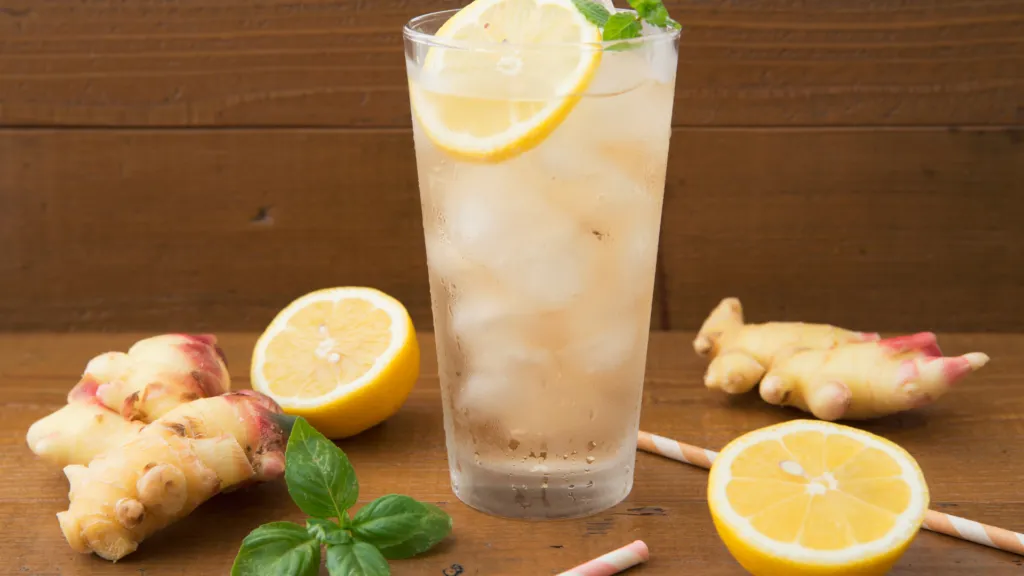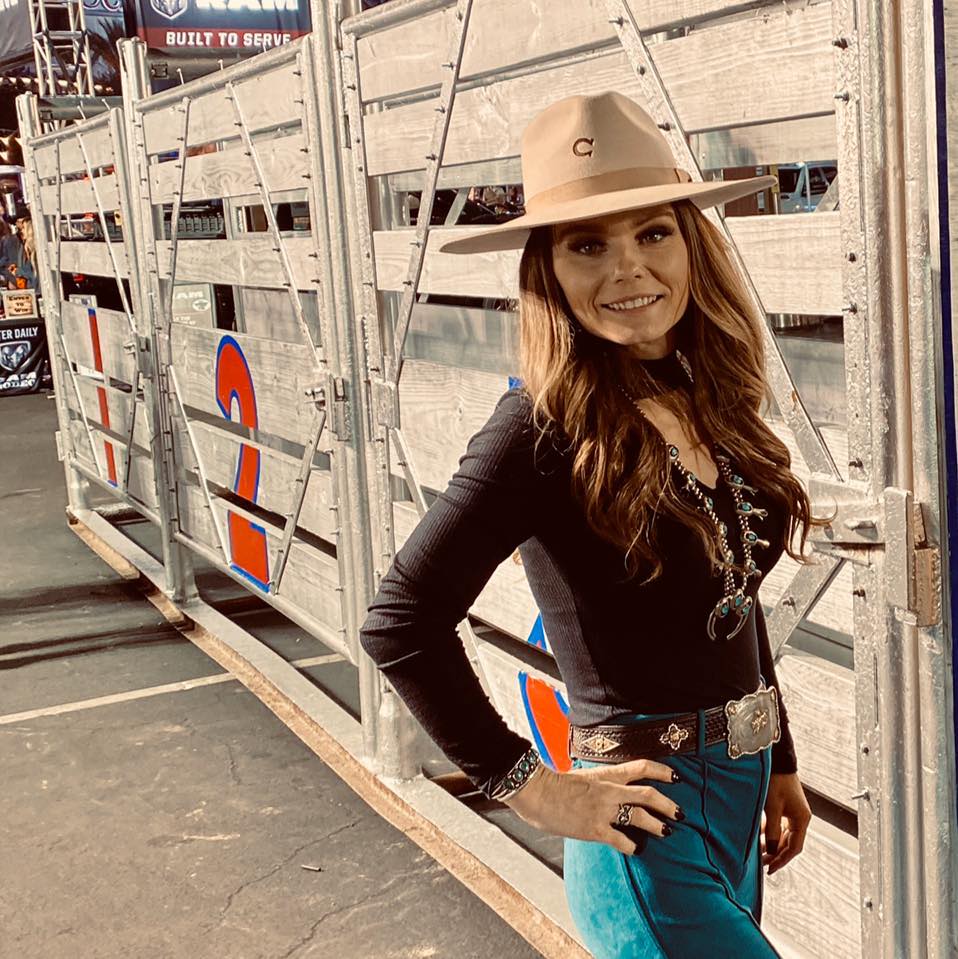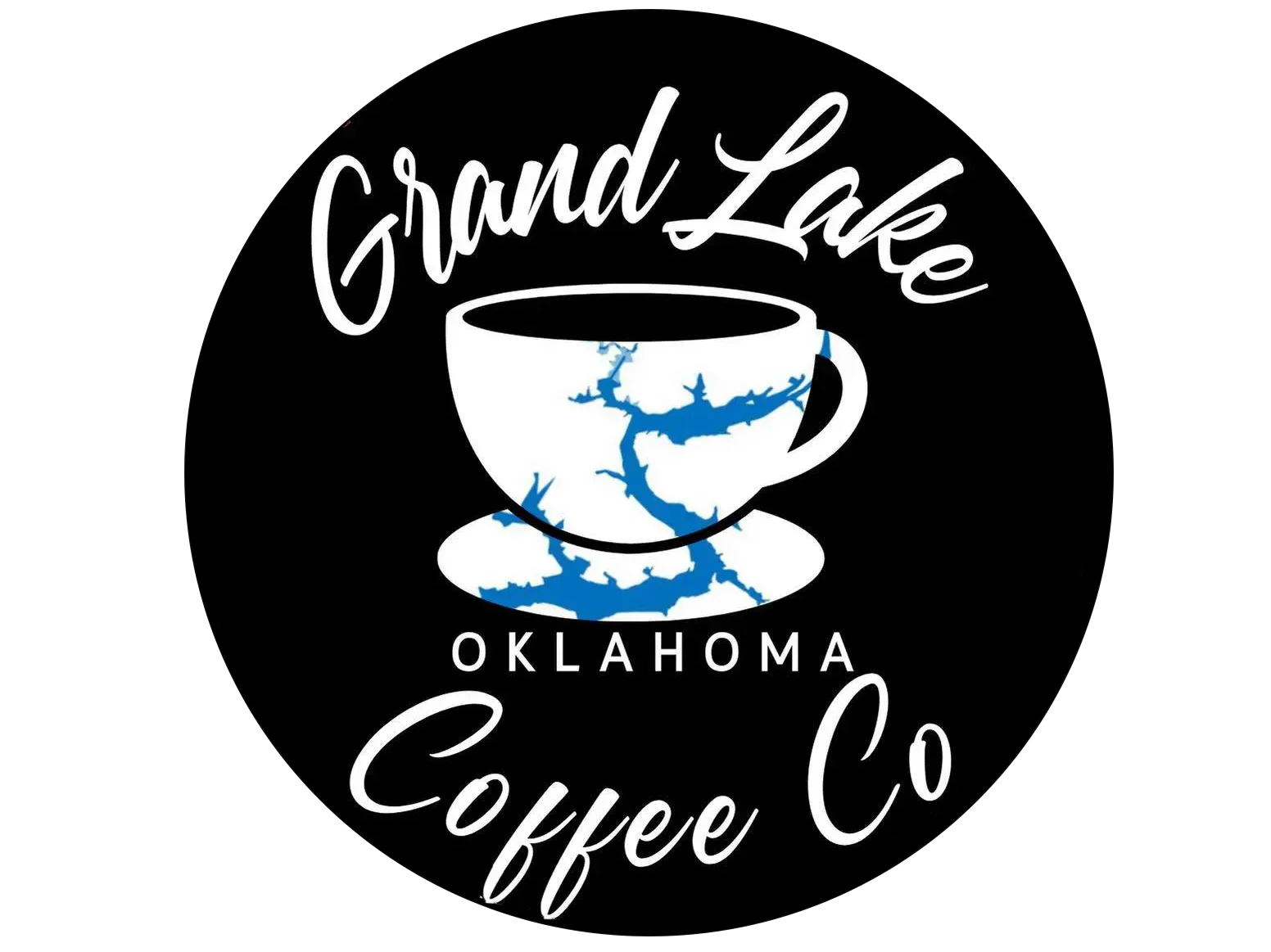Ginger ale, the popular fizzy beverage with a sweet and spicy kick, is a common choice for refreshment or as a cocktail mixer. But have you ever found yourself wondering about its caffeine content? While many soft drinks contain caffeine, ginger ale’s origins as a naturally flavored drink suggest it might be an exception. So, does ginger ale have caffeine?
Importance of Knowing About Ginger Ale
Ginger ale is a widely consumed carbonated beverage, with a projected market forecast value of USD 4,744.6 million by 2032. The United States is a significant contributor to the ginger ale market, accounting for a 32.7% market share.
The appeal of ginger ale lies in its unique combination of sweet and spicy flavors, as well as its perceived health benefits. Ginger, the key ingredient in ginger ale, is known for its anti-inflammatory and digestive properties, making it an attractive option for those seeking a refreshing and potentially beneficial beverage.
The beverage is enjoyed by a wide range of consumers, from young adults to older individuals, either as a standalone drink or as a mixer in cocktails. It is also commonly used as a home remedy for nausea and upset stomachs, especially among pregnant women and those experiencing motion sickness.
Despite its popularity and potential benefits, consumers should be aware of the caffeine content in ginger ale. While most ginger ale brands are caffeine-free, some varieties may include it as an ingredient.
Caffeine can have negative effects on certain individuals, such as those with sensitivity to the stimulant, pregnant women, and children. Excessive caffeine consumption can lead to symptoms such as jitteriness, insomnia, and increased heart rate.
Does Ginger Ale Have Caffeine?
While the vast majority of ginger ales are caffeine-free, it’s always a smart habit to scan the ingredients list before buying. There are a few reasons for this.
Firstly, some niche or specialty ginger ales might intentionally include caffeine for a unique energy boost – these brands will prominently display that on the label.
Secondly, make sure you’re not confusing ginger beer with ginger ale; ginger beer undergoes a fermentation process that can leave trace amounts of caffeine, unlike traditional ginger ale.
Finally, be aware that some ginger ales may include other caffeinated ingredients like guarana, which would be listed in the ingredients.
Some caffeine-free Ginger Ale brands include:
- Canada Dry
- Schweppes
- Vernors
- A-Treat
- Buffalo Rock
- Red Rock
- Seagram’s
- Polar Beverages
- Foxon Park
- Sprecher
- Shasta
Ingredients of Ginger Ale
Ginger ale, a classic beverage known for its refreshing taste and subtle kick of ginger, is made with a few simple ingredients. While specific recipes may vary slightly among different brands and homemade versions, the basic components typically include:
Natural Ginger
The primary flavoring agent in ginger ale is, unsurprisingly, ginger. Fresh ginger root or ginger extract is used to infuse the drink with its distinctive spicy flavor.
Carbonated Water
To give ginger ale its characteristic fizziness, carbonated water is added to the mixture. This creates the effervescence that enhances the drinking experience.
Sweets
To counteract the spice of the ginger, sweets are used in most ginger ale recipes. Common sweeteners include cane sugar, high fructose corn syrup, and artificial sweeteners like aspartame and sucralose.
Acidifiers
Some ginger ale recipes may include acidifiers like citric acid or phosphoric acid to provide a tart flavor and balance the sweetness of the drink.
Flavorings
In addition to ginger, other flavorings may be added to enhance the taste of ginger ale. These can include natural flavors like lemon or lime juice, as well as artificial flavorings for added complexity.
Preservatives
To prolong shelf life and maintain freshness, certain ginger ale products may contain preservatives like potassium sorbate or sodium benzoate.
Colorings
While not always necessary, some ginger ale varieties may include colorings to enhance the drink’s appearance. These can range from natural colorings like caramel to artificial dyes.
Ginger Ale Nutritional Information

Ginger ale is a low-calorie drink with only 10.4 kcal per 1 fl oz serving, and those calories come mostly from carbohydrates. It contains essentially no protein or fat, and while it provides a tiny amount of sugars, it offers no dietary fiber.
While ginger ale has some trace minerals like calcium, iron, magnesium, potassium, and sodium, it doesn’t contain any meaningful vitamins. Importantly, ginger ale is naturally caffeine-free.
| Nutrition Facts | Amount per Serving |
| Serving Size | 1 can or bottle (12 fl oz) (366 grams) |
| Calories | 124 |
| Total Fat | 0 grams (0% Daily Value) |
| Saturated Fat | 0 grams (0% Daily Value) |
| Trans Fat | 0 grams |
| Polyunsaturated Fat | 0 grams |
| Monounsaturated Fat | 0 grams |
| Cholesterol | 0 milligrams (0% Daily Value) |
| Sodium | 26 milligrams (1% Daily Value) |
| Total Carbohydrates | 32 grams (12% Daily Value) |
| Dietary Fiber | 0 grams (0% Daily Value) |
| Sugars | 33 grams |
| Protein | 0 grams |
| Vitamin D | 0 micrograms (0% Daily Value) |
| Calcium | 11 milligrams (1% Daily Value) |
| Iron | 0.7 milligrams (4% Daily Value) |
| Potassium | 3.7 milligrams (0% Daily Value) |
| Caffeine | 0 milligrams |
Ginger Ale Variants and their Caffeine Content
Ginger ale has several variants that offer distinct flavor profiles and characteristics. Some of the most common ginger ale variants include:
Golden Ginger Ale
This is the most prevalent type of ginger ale, characterized by its sweet, mellow flavor and golden color. It is often sweeter than other ginger ale variants due to the addition of caramel or other coloring agents. Popular golden ginger ale brands include Schweppes, Seagram’s, and Canada Dry.
Dry Ginger Ale
Also known as “pale ginger ale,” this variant has a lighter color and a sharper, more gingery taste compared to golden ginger ale. It tends to be less sweet and more carbonated, offering a crisp and refreshing experience. Notable dry ginger ale brands include Q Ginger Ale and Fever-Tree Ginger Ale.
Ginger Beer
not technically a ginger ale, ginger beer is a closely related beverage that deserves a mention. It has a more intense ginger flavor and is often spicier than ginger ale. Ginger beer is crafted using a fermentation process, which gives it a slight alcoholic content (usually less than 0.5% ABV). Popular ginger beer brands include Gosling’s, Fentimans, and Bundaberg.
Diet Ginger Ale
This variant is made with artificial sweeteners instead of sugar, resulting in a lower calorie count. Diet ginger ale appeals to those who want to enjoy the taste of ginger ale while reducing their sugar or calorie intake. Most major ginger ale brands offer a diet version of their product.
Flavored Ginger Ale
Some ginger ale brands offer flavored variants that incorporate additional fruit flavors or spices. Examples include lemon ginger ale, lime ginger ale, and cherry ginger ale. These variants provide a twist on the classic ginger ale taste and can be enjoyed on their own or as mixers in cocktails.
Artisanal or Craft Ginger Ale
In recent years, there has been a surge in artisanal or craft ginger ale brands. These products often use natural ingredients, such as real ginger root, cane sugar, and unique spice blends, to create premium, small-batch ginger ales. Examples of craft ginger ale brands include Bruce Cost Ginger Ale, Blenheim Ginger Ale, and Reed’s Ginger Ale.
Alternatives To Ginger Ale And Their Caffeine Content

When exploring beverages similar to ginger ale, there are several options that share some characteristics but may have different flavor profiles and caffeine content. Here are a few beverages that are comparable to ginger ale, along with their typical caffeine content:
Root Beer
Root beer is a carbonated beverage with a distinct flavor derived from sassafras root or artificial extracts. It has a sweet and slightly spicy taste that some people find similar to ginger ale. Most root beers are caffeine-free, but there are a few brands that add caffeine to their formula. Barq’s Root Beer, for example, contains about 22 mg of caffeine per 12 fl oz serving.
Cream Soda
Cream soda is a sweet, carbonated soft drink that has a vanilla flavor. While the taste is quite different from ginger ale, it shares the carbonation and sweetness factor. Most cream sodas are caffeine-free, but some brands may add a small amount of caffeine. It’s best to check the label or contact the manufacturer for specific caffeine content information.
Sparkling Apple Cider
Sparkling apple cider is a carbonated beverage made from apple juice or apple cider. It has a fruity, crisp, and mildly sweet taste that some people enjoy as an alternative to ginger ale. Sparkling apple cider is typically caffeine-free.
Lemon-Lime Soda
Lemon-lime sodas, such as Sprite or 7-Up, have a citrusy and mildly sweet taste. While the flavor profile is different from ginger ale, these sodas share the carbonation and refreshing qualities. Most lemon-lime sodas are caffeine-free.
Mountain Dew
Mountain Dew is a citrus-flavored carbonated soft drink that has a unique taste compared to ginger ale. However, some people enjoy its sweet and tangy flavor as an alternative. Mountain Dew contains a significant amount of caffeine, with approximately 54 mg per 12 fl oz serving.
| Product | Caffeine Content |
| Barq’s Root Beer | 22.5 mg per 12 ounce serving |
| Barq’s Red Cream Soda | Caffeine-free |
| Sparkling Apple Cider | Caffeine-free |
| Lemon-Lime Soda (Sprite or 7-Up) | Caffeine-free |
| Mountain Dew | 54 mg per 12 ounce serving |
Conclusion
Ginger ale is a popular carbonated beverage enjoyed for its unique blend of ginger flavor, sweetness, and refreshing qualities. Does Ginger Ale Have Caffeine? When it comes to caffeine content, most ginger ales are caffeine-free, making them a suitable choice for those who are sensitive to caffeine or looking to avoid it altogether.
However, there are a few rare exceptions, such as Blenheim’s Red Hot Ginger Ale, which contains a small amount of caffeine. If you are unsure about the caffeine content of a specific ginger ale brand or variant, it is always best to check the label or contact the manufacturer directly.
Frequently Asked Questions
Q1.Will ginger ale keep you awake?
Ginger ale itself typically doesn’t contain caffeine, so it’s unlikely to keep you awake. However, some brands may add caffeine, so it’s always best to check the label if you’re sensitive to it.
Q2. Is it OK to drink ginger ale every day?
While ginger ale is generally safe, like any sugary beverage, it’s best consumed in moderation. High sugar intake can lead to health issues like weight gain, tooth decay, and increased risk of diabetes.
Q3. Who should not drink ginger ale?
While generally safe, it’s best to consult your doctor if you have specific health concerns. People with diabetes should be cautious due to the sugar content. Those with digestive issues like GERD (acid reflux) might find the carbonation bothers their symptoms.
Q4. Is ginger ale healthier than other sodas?
It can be a slightly healthier option compared to some sodas due to the ginger root, which has anti-inflammatory properties. However, the sugar content is still a concern. Opt for brands with less added sugar or try sparkling water flavored with fresh ginger for a healthier choice.
Q5. What are some popular beverages made with ginger ale?
Ginger ale is a versatile mixer! Some classic drinks include the Moscow Mule (ginger ale, vodka, and lime), Dark ‘n Stormy (ginger ale, dark rum, and lime), and the non-alcoholic Shirley Temple (ginger ale, grenadine, and a maraschino cherry).

Rossi Glover, the passionate Owner of Grand Lake Coffee, infuses every cup with her love for coffee and dedication to quality. With an extensive background in the art and science of coffee, Rossi is not just a connoisseur but a storyteller, sharing the intricate tales behind each brew.

